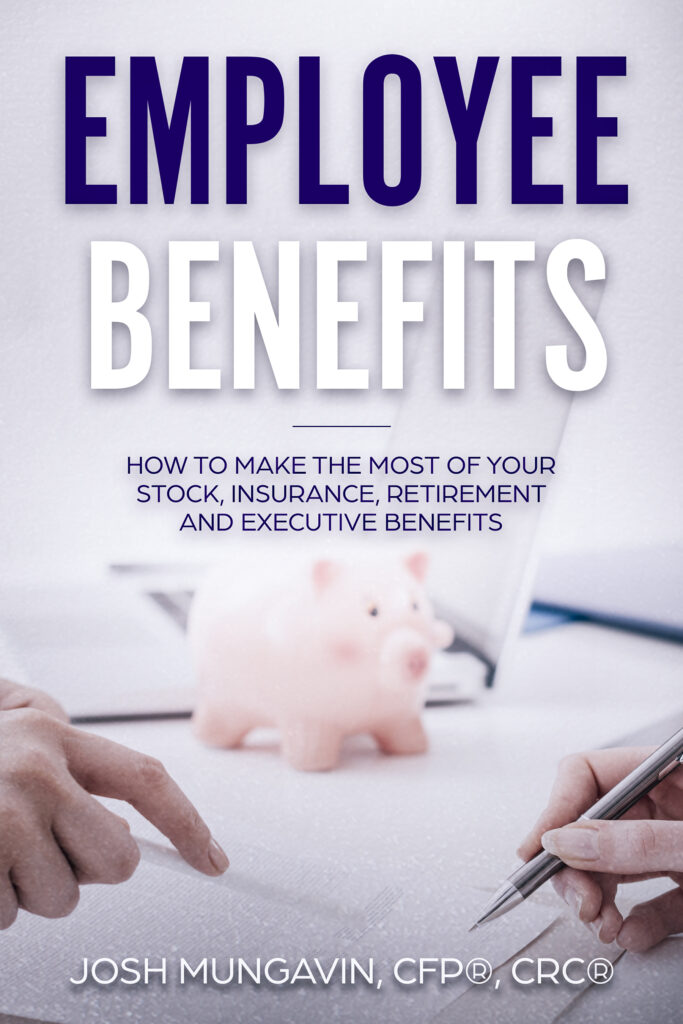Employee Benefits: How to Make the Most of Your Stock, Insurance, Retirement, and Executive Benefits
The world of employee benefits is a complicated but integral part of your financial plan. Stock options, pensions, health savings accounts, deferred compensation plans and more can all be easily overlooked and underutilized without proper direction. This book will help you dive into the nuances of employee benefits and the most effective methods so you can better understand and get the most out of your employee benefits.
Presented in this book is everything you need to know about the complex world of employee benefits, including:
• 401(k)s, 403(b)s and 457s
• Pensions
• Stock Options
• Deferred Compensation Plans
• Health Savings Accounts
• Dental, Vision, Life and Disability Insurance
• Capital Accounts
• Sabbaticals
• Flex Time
• Student Loan Repayment and Tuition Reimbursement
Employing the strategies laid out in this book will ensure that you maximize your employee benefits.

Categories
Recent Insights
-

Private Family Foundations: A Legacy of Giving and a Classroom for the Next Generation
For families who want to make a lasting impact, a Private Family Foundation (PFF) can be both a philanthropic vehicle and a platform for teaching values across generations. At its core, a private foundation is a tax-exempt nonprofit organization that you create and control—one that supports the causes you care deeply about, both during your…
-

The Looming ACA Premium Tax Credit Cliff: How Families Can Manage Rising Healthcare Costs
Picture this: You finally have a handle on your healthcare costs. The numbers make sense. The plan fits. But a sudden change in policy could flip everything upside down. It can feel like the ground shifting beneath your feet. For many families, the potential expiration of enhanced ACA Premium Tax Credits at the end of…
-

Charitable Planning During a Liquidity Event: What to Consider Before You Sell
Liquidity events—selling a business, real estate, or a concentrated stock position—are rare moments that often define a business owner’s financial and philanthropic legacy. Before you sign the papers, thoughtful charitable planning can transform a tax liability into a purposeful legacy. The central rule is simple: start before the deal closes. Why timing matters When a…
-

When Love Ends, Who Keeps the Picasso? Dividing Art and Collectibles in Divorce
Divorce is never only about dividing assets. For many couples, the most difficult conversations don’t revolve around bank accounts or real estate—they center on the art, antiques, wine, or collectibles that hold both financial and emotional weight. Over the years, I’ve seen how these items often represent more than monetary value. They are memories, passions,…
-

Talk Your Chart | Market Reversals, AI Interdependence, and What Investors Should Know | Ep. 74
In episode 74 of Talk Your Chart, Brett Horowitz is joined by Lane Jones, Chief Investment Officer at Evensky & Katz / Foldes, to examine some of the most surprising market behaviors of 2025. They break down this year’s historic intraday reversals, why strong economic data can still trigger weak market reactions, and how rate-cut…
